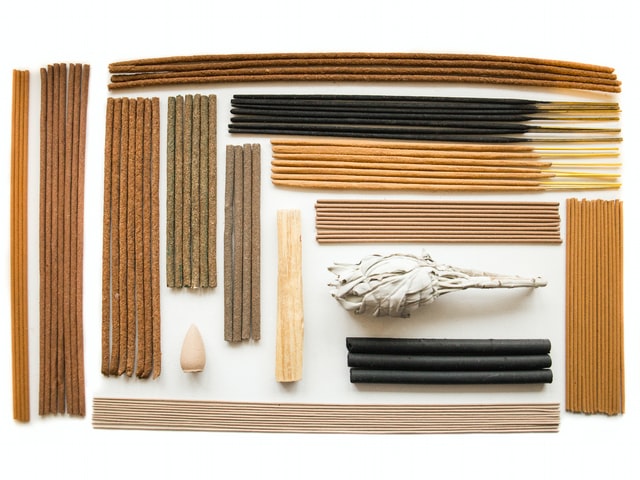
Hey Everyone,
There are a few things I have understood through the process of my learning. One of them is that we often go for perfection. I think one should just do it, how Nike puts it. There is immense power in execution. The beauty of the whole process is you get better with time.
“If you want to make something great, you need to start making.” In other words, don’t let perfection be the enemy of done. – The Kelley brothers
The Kelley brothers from IDEO have emphasized their enough, through their podcasts as well as books that one should not stress about being ‘just right’. Instead, learn by doing and growing along the way.
Procrastination kills 90% of your potential. Nir Eyal, American author and a specialist in behavioural design, says psychology influences our emotion. He also shared this lovely piece on why procrastination is about managing emotions and not time.
The best part is you get better at doing things with time. In his book, Atomic Habits, James Clear mentions that the difference a tiny improvement can make is astounding. Here’s how the math works out: if you can get 1% better each day for one year, you’ll end up 37 times better by the time you’re done.
There are a few exceptions to the whole striving for perfection conversation. I was recently listening to this podcast by Debbie Millman interviewing Robert Wong, who heads Google creative labs and he mentioned they only go ahead with an idea of which they are a 100 per cent satisfied with. This means rejecting or parking away 95% of the ideas. That 5% of the ideas are prototyped and developed into something more tangible. (Google glass was one of them). But then that is Google.
Another interesting take on the whole perfection debate is – in the attempt to make something full proof the process does the exact opposite. Galileo tried to teach us that when we add more and more layers to a system intended to avert disaster, those layers of complexity may eventually be what causes the catastrophe. His basic lesson has been ignored in nuclear power plants, financial markets and at the Oscars all resulting in chaos.
It is quite interesting to see how design, math and psychology add up in this case. So the question really is, should we strive for perfection or not? Also, in case you have not subscribed to my newsletter consider subscribing it here. Thank you to those who all have subscribed already. This is an attempt to not overwhelm your inbox hence keeping the newsletter a weekly affair ( Every Sunday). Please feel free to reach out to me for questions, queries or if you just want to know something more.
Let me know what you think? I’d love your feedback. If you haven’t already then sign up for a weekly dose just like this.
Get in touch… — JOE’s LIFE SKILLS LAB/Joe Sehrawat
JOE
Photo by Anton Darius on Unsplash


